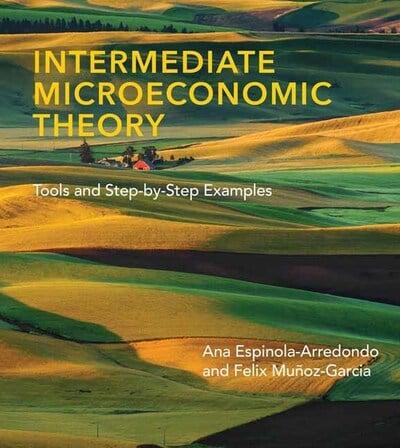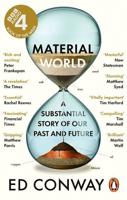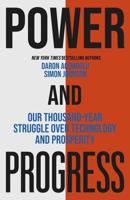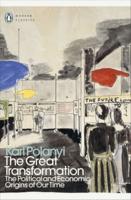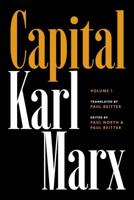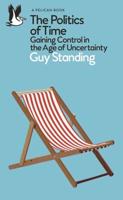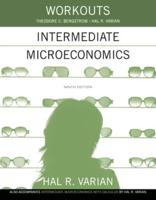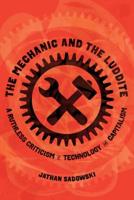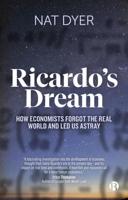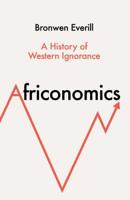Publisher's Synopsis
This book takes a concise, example-filled approach to intermediate microeconomic theory. It avoids lengthy conceptual description and focuses on worked-out examples and step-by-step solutions. Each chapter presents the basic theoretical elements, reducing them to their main ingredients, and offering several worked-out examples and applications as well as the intuition behind each mathematical assumption and result. The book provides step-by-step tools for solving standard exercises, offering students a common approach for solving similar problems. The book walks readers through each algebra step and calculation, so only a basic background in algebra and calculus is assumed. The book includes 140 self-assessment exercises, giving students an opportunity to apply concepts from previous worked-out examples. Topics covered include consumer theory; substitution and income effect; welfare gain or loss from a price change; and choice under uncertainty. Shifting to a firm theory, the book discusses production functions, cost minimization, perfectly competitive markets, and monopolies. Two chapters on game theory provide building blocks for subsequent chapters that treat imperfect markets; games of incomplete information and auctions; contract theory; and externalities, public goods, and common pool resources. The book is suitable for use in undergraduate intermediate microeconomics courses, rigorous introduction to microeconomics courses, and managerial economics at the masters level.
